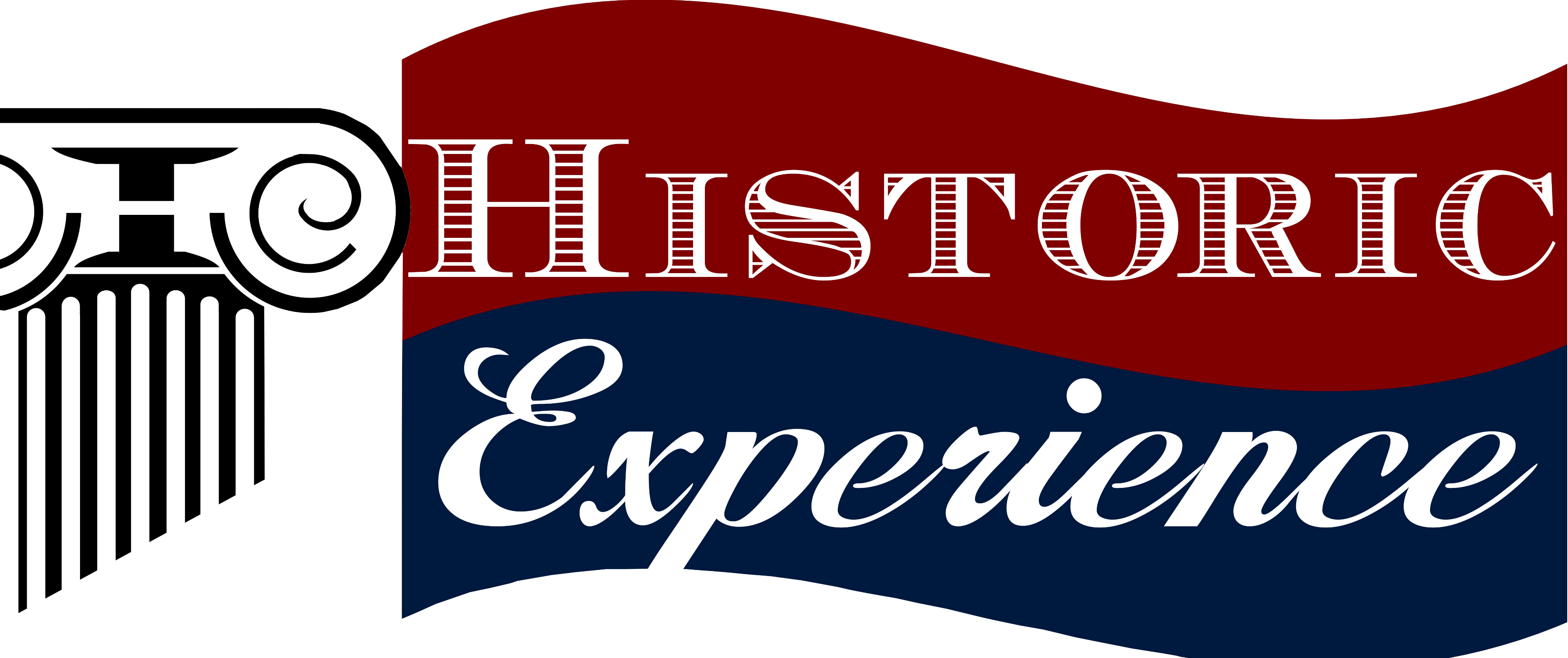September 17:
Constitution Day
The two Presidents that I portray, John Adams and Theodore Roosevelt, were not involved in the drafting of the United States Constitution.
But that didn’t stop either of them from having a lot to say on the subject.
To celebrate this day that the United States’ governing document was approved, the following video shows these two icons of history exercising their natural (and Constitutional right) to say whatever they want about it. Enjoy.
The United States Constitution is a fascinating document - a second chance at the law of the land, born of compromise and balance. Imperfect, vague yet intentional, grounded with room to grow - this 200+ year old document has filled people with pride as well as frustration, sometimes simultaneously.
But it's an amazing accomplishment from our all-too-human founders. And the fact that people including Adams and Roosevelt, and you and me, can freely say what we think about it - that just underscores its importance.
The video above is a compilation of some prime thoughts that these two men had on the subject. I'm putting them below in their unedited paragraphs.
Take a moment today - even if it's not September 17th - and celebrate the fact that we have a Constitution. I give you a toast from 1797:
"To The Constitution & Laws, May Americans ever remember that Law is Liberty and the Constitution the sacred Paladium of Political Safety -" unattributed, November 8, 1797

John Adams
to John Jay, 22 September 1787
The Convention at Philadelphia is composed of Heroes, Sages and Demigods to be sure - who want no assistance from me, in forming the best possible plan. But they may have occasion for Under Laborers to make it accepted by the people, or at least to make the People unanimous in it and contented with it. One of those Under workmen in a cool Retreat, it shall be my ambition to become.

Theodore Roosevelt
from Gouverneur Morris, 1888.
The statesmen who met in 1787 were earnestly patriotic. They unselfishly desired the welfare of their countrymen. They were cool, resolute men, of strong convictions, with clearinsight into the future. They were thoroughly acquainted with the needs of the community for which they were to act. Above all, they possessed that inestimable quality, so characteristic of their race, hard-headed common sense.
...The Constitution that the members assembled in convention finally produced was not only the best possible one for America at that time, but it was also, in spite of its shortcomings, and taking into account its fitness for our own people and conditions, as well as its accordance with the principles of abstract right, probably the best that any nation has ever had, while it was beyond question a very much better one than any single member could have prepared.

John Adams
to Thomas Jefferson, 10 November 1787
They have adopted the idea of the Congress at Albany in 1754 of s President to nominate officers and a Council to consent, but thank heaven they have adopted a third branch, which that Congress did not. I think that Senates and Assemblies should have nothing to do with executive power. But still I hope the Constitution will be adopted, and Amendments be made at a more convenient opportunity.
What think you of a Declaration of Rights? Should not such a Thing have preceeded [sic] the model?

Theodore Roosevelt
Introduction for Wm. L. Ransom’s Majority Rule and the Judiciary, dated July 1, 1912.
It is the people, and not the judges, who are entitled to say what their Constitution means, for the constitution is theirs, it belongs to them and not their servants in office – any other theory is incompatible with the foundation principles of our government.
If we, the people, choose to protect tenement house dwellers in their homes, or women in sweat shops and factories, or wage-earners in dangerous and unhealthy trades, or if we, the people choose to define and regulate the conditions of corporate activity, it is for us, and not for our servants, to decide on the course we deem wise to follow.
